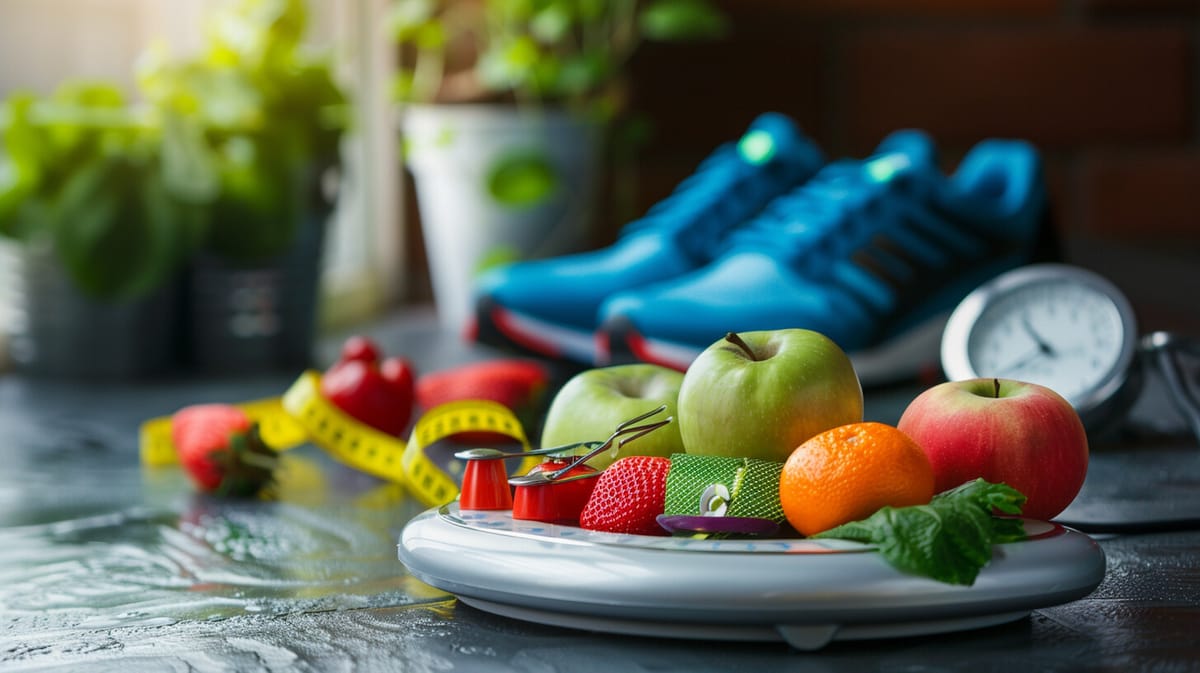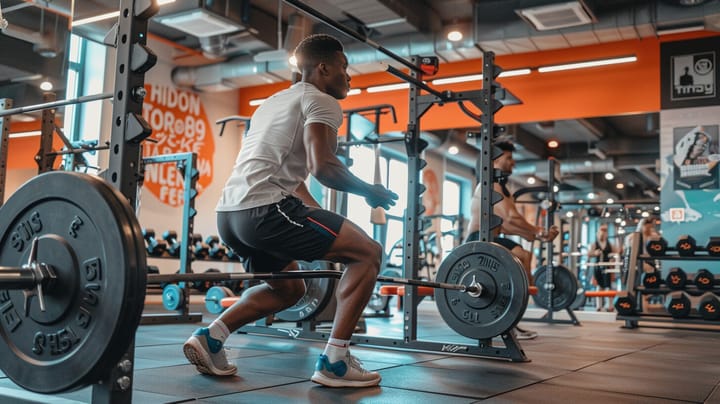The Secret to Maximizing Weight Loss: Should You Eat Before or After Your Workout?

When considering effective strategies for weight loss, one critical aspect often debated is the timing of nutrition in relation to workouts. For those on a mission to shed extra pounds, understanding whether it is better to eat before or after a workout could be key to optimizing fat loss and preserving muscle mass.
Pre-Workout Nutrition: Fueling for Enhanced Performance
Eating before exercising is often recommended to ensure the body has enough energy to endure and perform during physical activities. Consuming a meal or snack rich in simple carbohydrates and protein approximately 30 to 60 minutes before working out can elevate energy levels, enhance performance, and increase calorie burn. For example, a banana or a small serving of oatmeal can provide quick energy, while a piece of whole-grain toast with a thin layer of peanut butter offers a good balance of carbs and protein.
Carbohydrates are crucial as they break down quickly into glucose, providing immediate fuel. This can lead to prolonged endurance and potentially more intense exercise sessions, which are essential for increasing overall calorie expenditure. However, it’s important to avoid heavy, rich foods that can cause discomfort or sluggishness during the workout.
Post-Workout Nutrition: Aiding Recovery and Muscle Repair
Post-workout meals are vital for recovery and muscle synthesis. After depleting energy stores during exercise, it is important to replenish nutrients, particularly proteins and carbohydrates, to facilitate muscle repair and growth. A smoothie with protein powder, a handful of berries, and a banana, or a yogurt with fruit can be quick, nutritious options that provide the necessary nutrients to support muscle recovery.
Protein plays a key role in repairing and building new muscle tissues, whereas carbohydrates help replenish the muscle glycogen lost during workouts. Not refueling properly can not only hinder recovery but also lead to muscle breakdown, which can sabotage your fitness goals.
Weight Loss Considerations
While nutrient timing can influence energy utilization and performance, total daily caloric intake and expenditure are ultimately more critical for weight loss. Eating pre- or post-workout should align with your overall caloric goals for the day. If you choose to eat a more substantial meal before working out, you might opt for a lighter post-workout meal, ensuring you do not consume more calories than you expend.
It is also advocated to adapt your eating schedule based on the intensity and duration of the exercise. High-intensity or long-duration workouts might require both pre- and post-workout meals to ensure optimal performance and recovery, whereas a short, low-intensity exercise may not necessitate a structured eating strategy around the workout.
Listening to Your Body
Individual responses to pre- and post-workout meals can vary. Some people might feel energized and perform better eating before workouts, while others may prefer fasting, especially during low-intensity or shorter sessions. Monitoring how you feel during and after workouts based on different eating schedules can provide personal insights and help tailor a strategy that works best for your body type and weight loss goals.
Conclusion
Both pre- and post-workout nutrition have their roles in supporting an effective weight loss journey, but the best approach depends on personal preferences, workout intensity, dietary restrictions, and goals. Experimenting with different timings and nutrient compositions can help discover what makes you feel best and supports your weight loss effectively while ensuring adequate energy for workouts and recovery.


